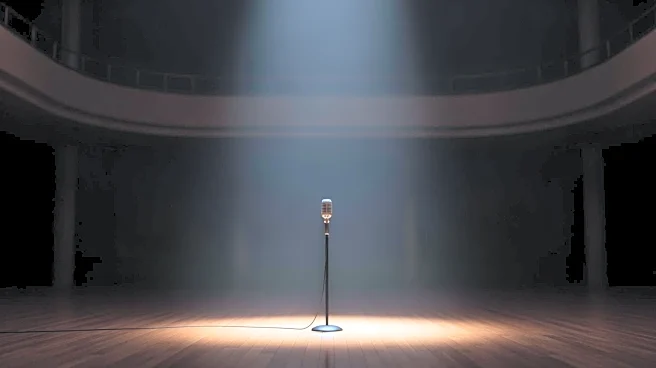What's Happening?
Ten years after the Bataclan attacks in Paris, France continues to grapple with how to remember the tragic events that claimed 130 lives. President Emmanuel Macron recently visited the attack sites and inaugurated a new memorial garden. The country has
established various memorials and conducted studies to understand how the attacks are remembered. Research indicates that while the Bataclan remains vivid in collective memory, other sites are less remembered, posing challenges for survivors.
Why It's Important?
The ongoing efforts to commemorate the Bataclan attacks highlight the importance of collective memory in healing and national identity. The research into memory and trauma provides insights into how societies process and remember tragic events, influencing public policy and support systems for survivors. This reflection is crucial for ensuring that the lessons learned from such events are not forgotten and that survivors receive the necessary support.
What's Next?
France may continue to develop its memorial infrastructure and support systems for survivors, informed by ongoing research into memory and trauma. The findings could influence how other countries approach the commemoration of tragic events and support for affected individuals.
Beyond the Headlines
The study of memory and trauma in the context of the Bataclan attacks raises questions about the role of public memory in national healing and the ethical considerations of memorialization. It underscores the need for a balanced approach that honors victims while supporting survivors in their recovery.














